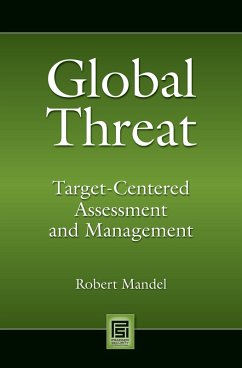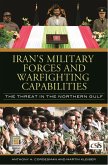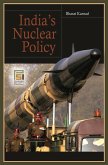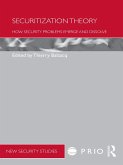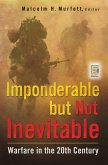This book provides a fresh perspective on causes, consequences, and cures surrounding today's most pressing global security challenges. After explaining the changes in post-Cold War threat, it develops a novel target-centered approach to assessment and management that is more useful in coping with current foreign dangers than current best practices. After explaining the challenge in coping with current global threat, this book begins by analyzing the distinctiveness of post-Cold War threat and of the nature of enemies prevalent in today's world. Then it considers prevailing threat analysis deficiencies and develops an alternative target-centered conceptual approach for recognizing and prioritizing threat. Illustrating the value of this approach are four post-9/11 case studies: the weapons of mass destruction and terrorism threat linked to the 2003 Iraq War, the natural calamity threat linked to the 2004 tsunami disaster, the terrorist threat linked to the 2005 London Transport bombings, and the undesired mass population threat linked to the 2006 American illegal immigration tensions. The study concludes by presenting some target-centered ideas about how to cope better with incoming threat, calling in the end for strategic transformation.
Bitte wählen Sie Ihr Anliegen aus.
Rechnungen
Retourenschein anfordern
Bestellstatus
Storno

